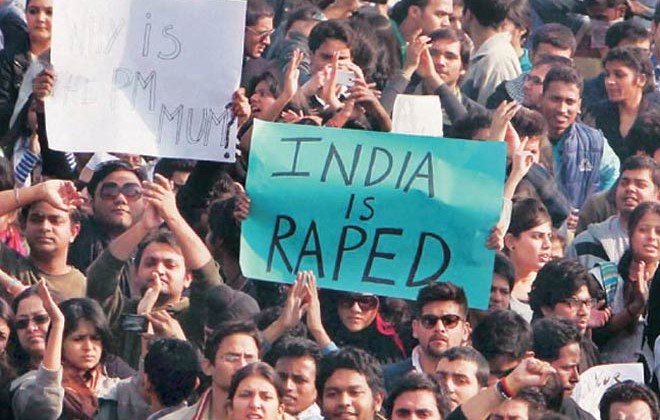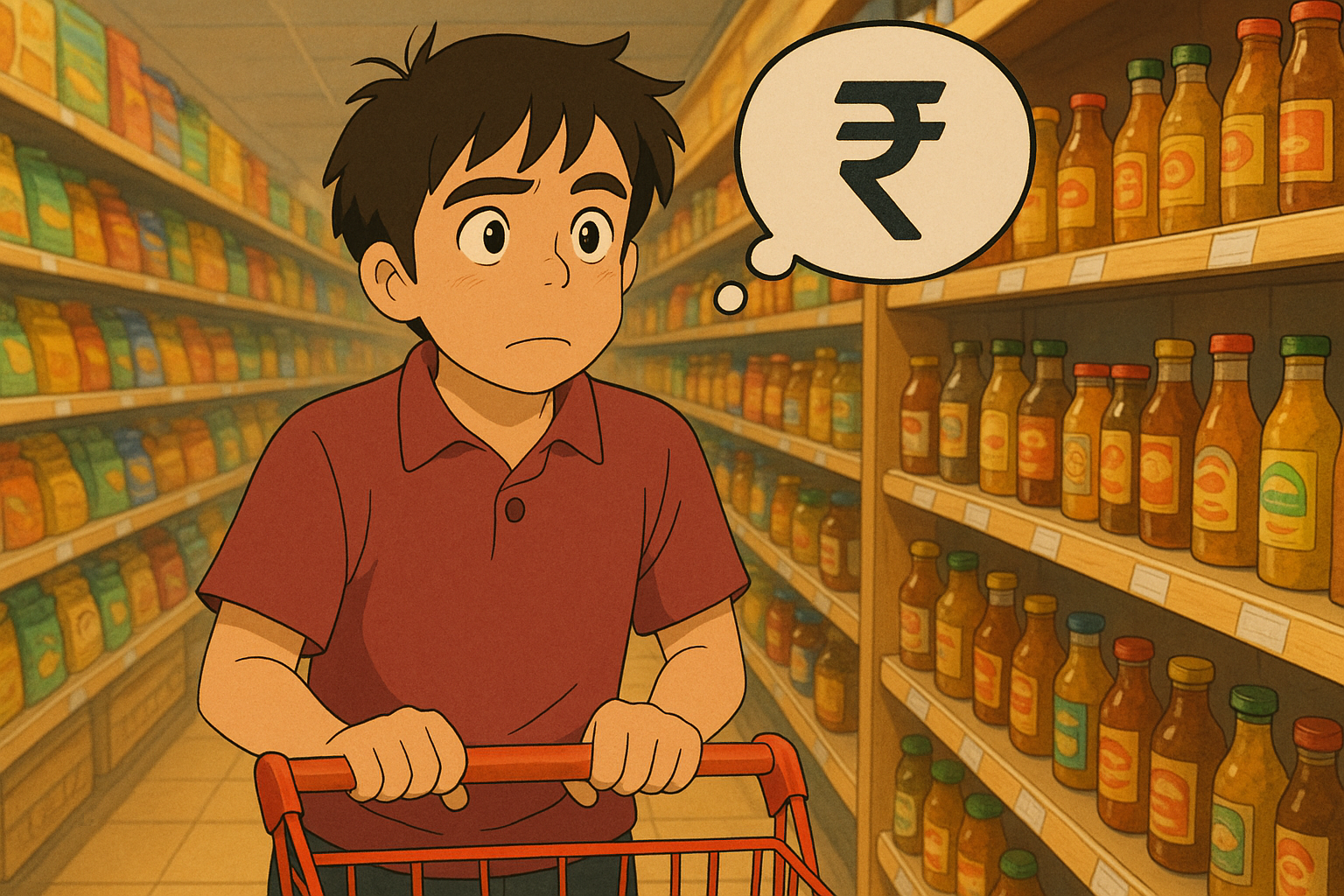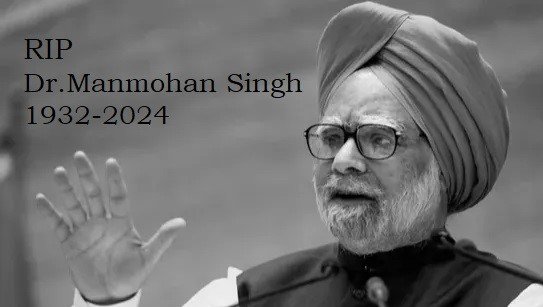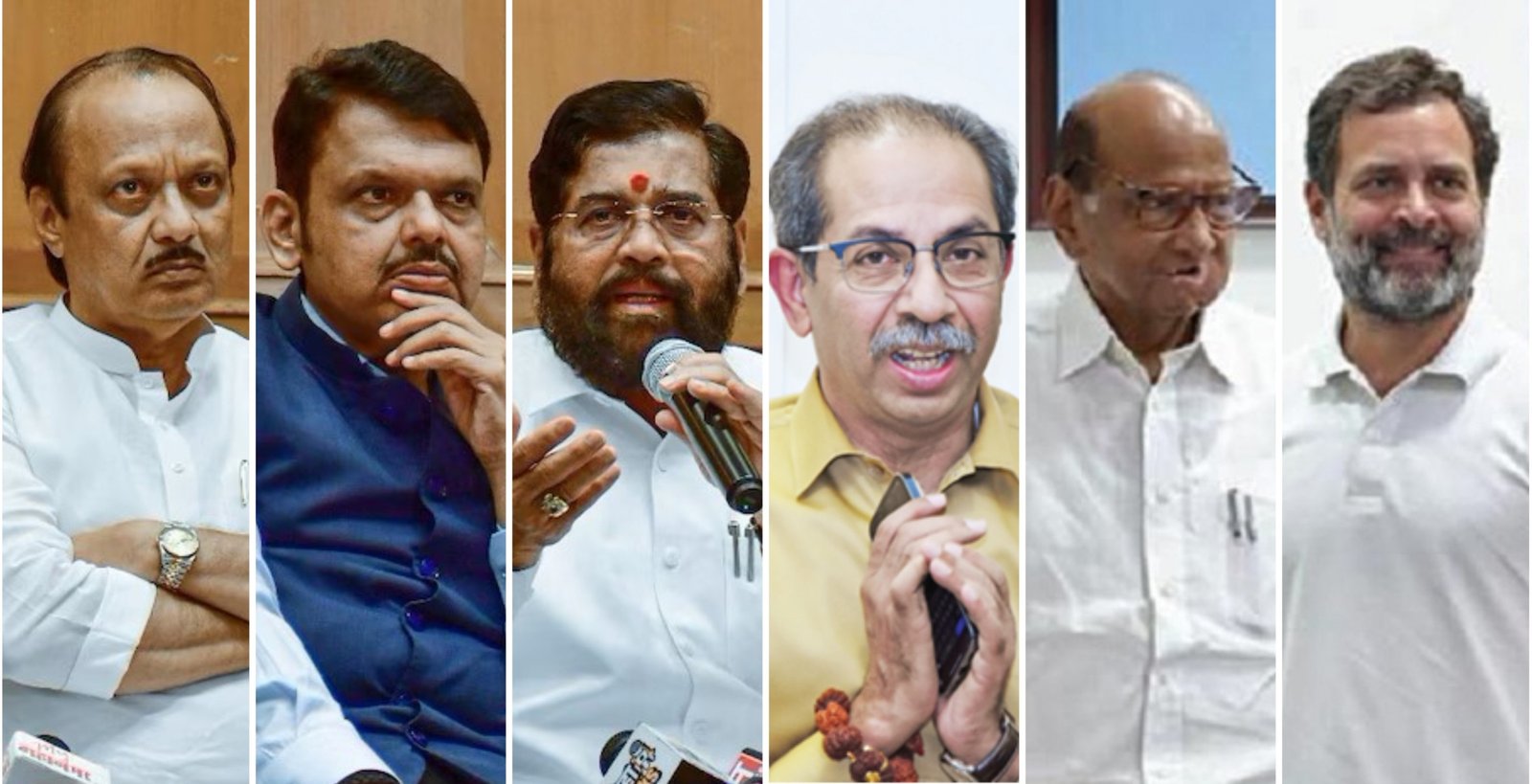The alarming rampancy of sexual abuse against women in India and our clinical amnesia
- Rommel Rodrigues
- Sep 01, 2024

MUMBAI: The recent harrowing incidents of rape and abuse of women as reported from the Kolkata incident and most recently in the film industry in the state of Kerala have drawn the attention of sexual abuse against women as an issue that has yet again bought it to the limelight.
It is a travesty for a nation like ours which worships women in so many forms of deities that such a consequential matter of concern is talked about only intermittently and then forgotten as if clinical amnesia has been programmed in our heads. Reading about consistent violence against women begs us to think that it is now deeply rooted in our societal norms and that this systemic inequality is now intensely ingrained in our conscience and we as a society have lost the moral sense of right and wrong.
As said, the recent disturbing and repugnant incidents are expectedly and rightly drawing attention from activists, policymakers, and the global community, but despite legislative efforts to combat this pervasive problem, the reality remains grim.
Sexual violence in India manifests in various forms, including rape, molestation, and domestic abuse. Rape is the fourth most common crime against women in India, according to the 2021 annual report of the National Crime Records Bureau (NCRB), 31,677 rape cases were registered across the country, or an average of 86 cases daily, a rise from 2020 with 28,046 cases, while in 2019, 32,033 cases were registered.[3] Of the total 31,677 rape cases, 28,147 (nearly 89%) of the rapes were committed by persons known to the victim.
Reports over the years have indicated that a large percentage of girls in India have experienced some form of sexual abuse during their childhood. The share of victims who were minors or below 18 – the legal age of consent – stood at 10%.
Among states, Rajasthan (6,337) was on top of the list followed by Madhya Pradesh (2,947), Maharashtra (2,496) and Uttar Pradesh (2,845), while Delhi recorded 1,250 rape cases in 2021, it showed. The rate of crime (per lakh population) for rape was highest in Rajasthan (16.4) followed by Chandigarh (13.3), Delhi (12.9), Haryana (12.3) and Arunachal Pradesh (11.1). The all-India average rate stood at 4.8, according to the NCRB.
The criminal justice system, often perceived as a beacon of hope for victims, more than often fails to deliver justice. Low conviction rates and inadequate investigations create an environment where perpetrators feel emboldened to commit acts of violence without fear of consequences. This lack of accountability perpetuates a cycle of abuse, where victims are left feeling powerless and unsupported.
It is a fact that these are legacy issues and the roots of sexual violence in India are intertwined with gender inequality and caste discrimination. Marginalized women, particularly those from lower castes, are disproportionately affected by sexual violence. The societal norms that dictate gender roles often place women in subordinate positions, making them vulnerable to abuse. Furthermore, cultural attitudes that normalize violence against women contribute to a climate of impunity.
The sad part is many women internalize these beliefs, leading to a disturbing acceptance of violence as a part of life. However, it is also true that the psychological impact of sexual abuse is profound. Victims often experience long-term mental health issues, including depression and anxiety, with studies indicating that 50% of victims retain symptoms of their disorders long-term. The stigma surrounding sexual violence further isolates survivors, making it difficult for them to seek help or support.
Addressing the crisis of sexual abuse against women in India requires a multifaceted approach. Education and awareness are crucial in changing societal attitudes towards gender and violence. Initiatives that promote gender equality and empower women can help dismantle the cultural norms that perpetuate violence.
Moreover, reforming the criminal justice system is essential to ensure that victims receive the support they need and that perpetrators are held accountable. This includes training law enforcement and judicial personnel to handle cases of sexual violence with sensitivity and urgency. Until then women across the country will continue to face a staggering prevalence of sexual violence in one way or the other.










Reporter
Rommel is our Editor. He has close to three decades of experience in leading publishing houses including, Fortune India, Observer of Business & Politics, The New Indian Express etc.
View Reporter News